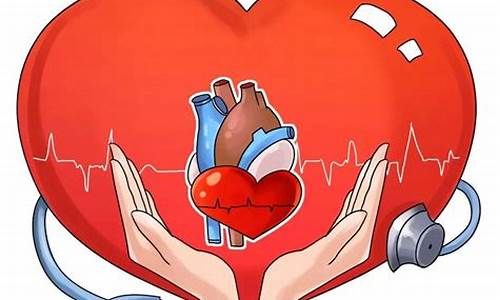A healthy heart and blood vessels are essential for overall well-being. They are responsible for delivering oxygen and nutrients to the body’s cells, while also removing waste products. Maintaining heart and vascular health can help reduce the risk of heart disease, stroke, and other cardiovascular conditions. In this article, we will explore various methods to keep your heart and blood vessels in optimal condition.
Regular Exercise for Heart Health
Exercise plays a crucial role in maintaining a healthy heart. It helps improve blood circulation, reduce blood pressure, and control cholesterol levels. Cardiovascular exercises such as walking, running, swimming, and cycling can enhance heart function and prevent the buildup of plaque in the arteries, which can lead to heart disease. Regular physical activity also helps in managing weight, further reducing the risk of cardiovascular issues.
Healthy Diet for Strong Blood Vessels
A balanced diet is vital for maintaining healthy blood vessels. Foods rich in antioxidants, healthy fats, and fiber are beneficial. Incorporate fruits, vegetables, whole grains, and lean proteins into your meals. Omega-3 fatty acids found in fish like salmon and mackerel help reduce inflammation and improve blood vessel function. Avoid excessive salt, processed foods, and saturated fats, as they can lead to high blood pressure and clogged arteries.

Avoiding Harmful Habits
Smoking and excessive alcohol consumption can severely damage your heart and blood vessels. Smoking raises blood pressure, reduces oxygen in the blood, and promotes plaque buildup in the arteries. Limiting alcohol intake is also crucial, as excessive drinking can lead to high blood pressure and heart disease. By avoiding these harmful habits, you can significantly reduce your risk of developing cardiovascular problems.
Managing Stress for Cardiovascular Health
Chronic stress can negatively impact your heart and blood vessels. Stress can lead to high blood pressure and increased heart rate, both of which strain the heart. Practicing stress management techniques such as meditation, yoga, deep breathing exercises, and regular relaxation can help reduce the effects of stress and promote heart health.
Regular Health Check-ups
To ensure optimal heart and blood vessel health, it is important to have regular health check-ups. Monitoring blood pressure, cholesterol levels, and blood sugar levels can help detect early signs of cardiovascular issues. Early detection allows for timely intervention and better management of heart health.
Conclusion
In conclusion, maintaining a healthy heart and blood vessels requires a combination of regular exercise, a balanced diet, healthy habits, stress management, and regular health check-ups. By following these strategies, you can significantly reduce the risk of heart disease and improve overall cardiovascular health. Take proactive steps today to ensure a long and healthy life.